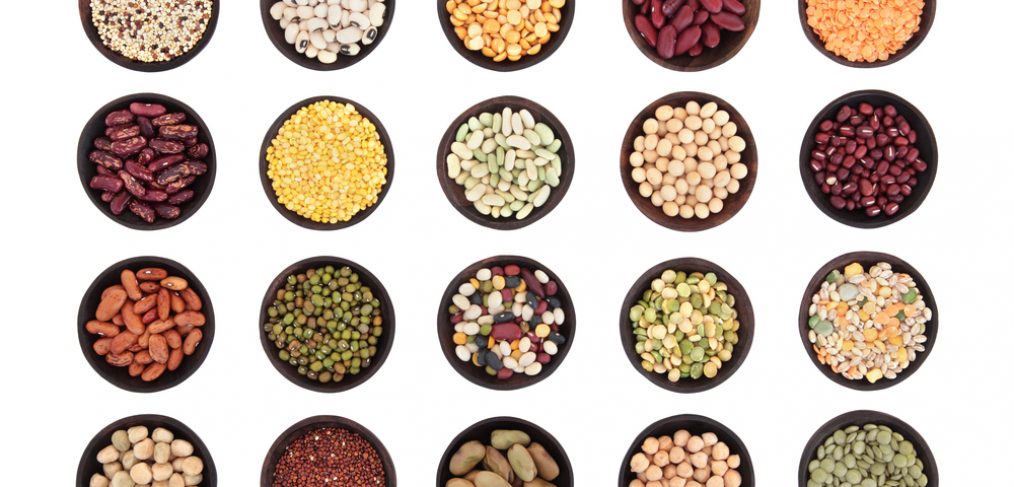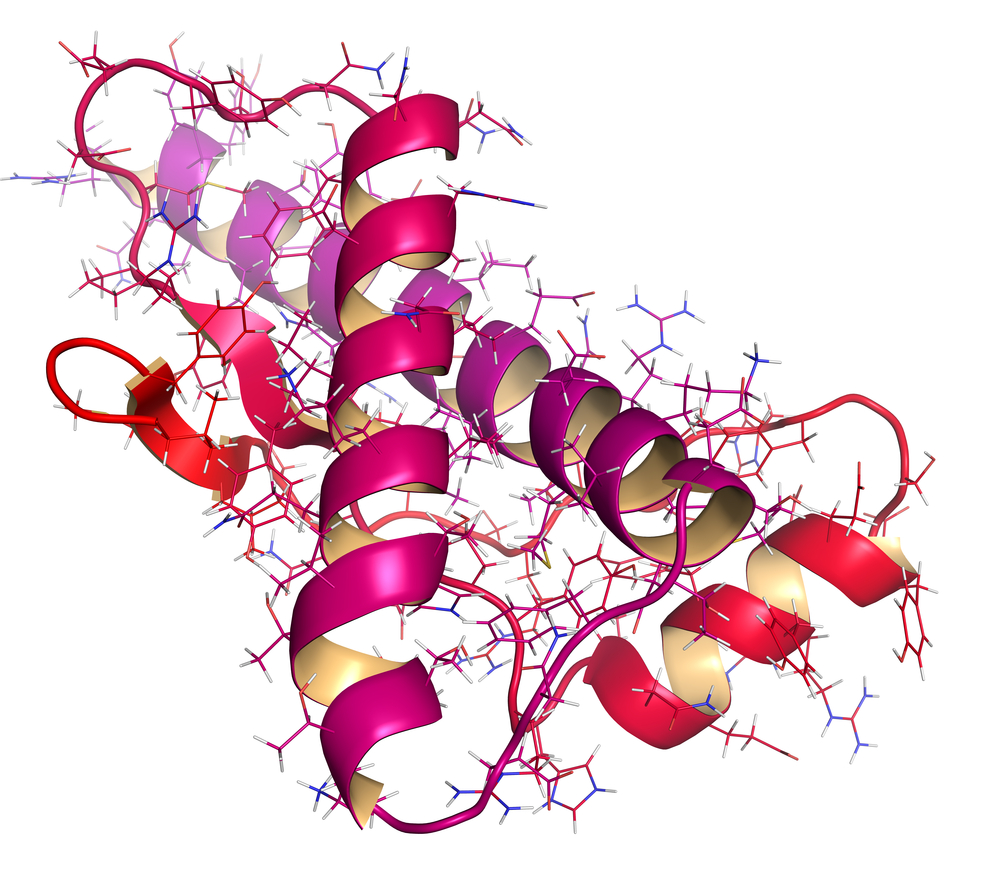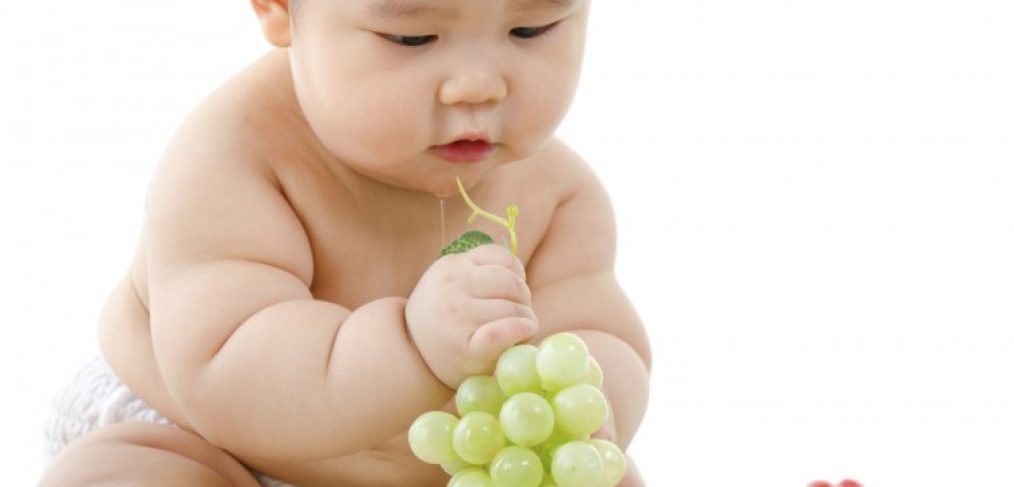A few findings that were published in the “Functional Ecology” Journal state that unequal workloads might make the dominant individual more susceptible to premature aging and an increased risk of diseases. Scientists warn that alpha males and alpha females who are driven to do more than their share of the work might be at an increased risk of premature aging and might also have a shorter lifespan because they would be more susceptible to problems like heart diseases.
According to a study that was conducted using white-browed sparrows, it was determined that males and females who end up doing most of the work are more than likely to suffer from oxidative stress than those who don’t.
If you have an idea about your daily skin care routine, you would already be aware that oxidative stress usually occurs due to a lack of adequate antioxidants in the body. This is believed to lead to all sorts of illnesses such as accelerated aging, Alzheimer’s disease and heart disease. The study used white-browed sparrows because in a white-browed sparrow community the dominant male and female species are the only ones who defend the community’s territory. They are also the only birds that breed. Therefore, in order to assess the impact of these unequal workloads on the overall health of the birds, scientists measured the level of antioxidant protection being enjoyed by 93 different sparrow weavers before and after the breeding season.
Dr. Dominic Cram, the lead author of the study, states that animals or humans are known to divide their workloads when they live together in communities. It is common for some individuals to work harder than the others. This study was mostly conducted to investigate whether the members who work the hardest are the healthiest and whether their optimal health allows them to work more than the rest of the community. Another objective of the study was to determine whether the work rate has any impact on the health or not.
The results of the study showed that even though the antioxidant levels of the dominant individuals and the subordinates could be compared to each other before the start of the breeding season, some of the most hard working females ended up suffering from a much weakened antioxidant protection at the end of a 6 month long breeding season.
It is common knowledge that antioxidants help animals and humans to protect their bodies from the damaging free radicals present in the environment. According to Dr. Andrew Young, the co-author of the study, the findings suggest that an unequal sharing of workload might leave the harder working individual more susceptible to oxidative stress which ultimately leads to things like accelerated aging and poor health conditions.
This study could end up being extremely significant is it is one of the very first studies which suggests that social dominance in species might also lead to certain psychological costs that can have direct implications in terms of the aging and health patterns.









